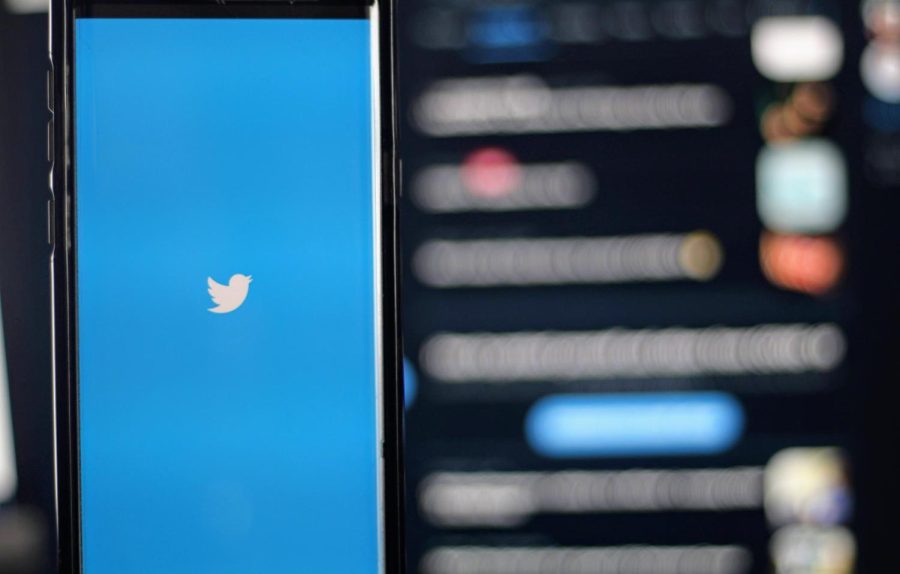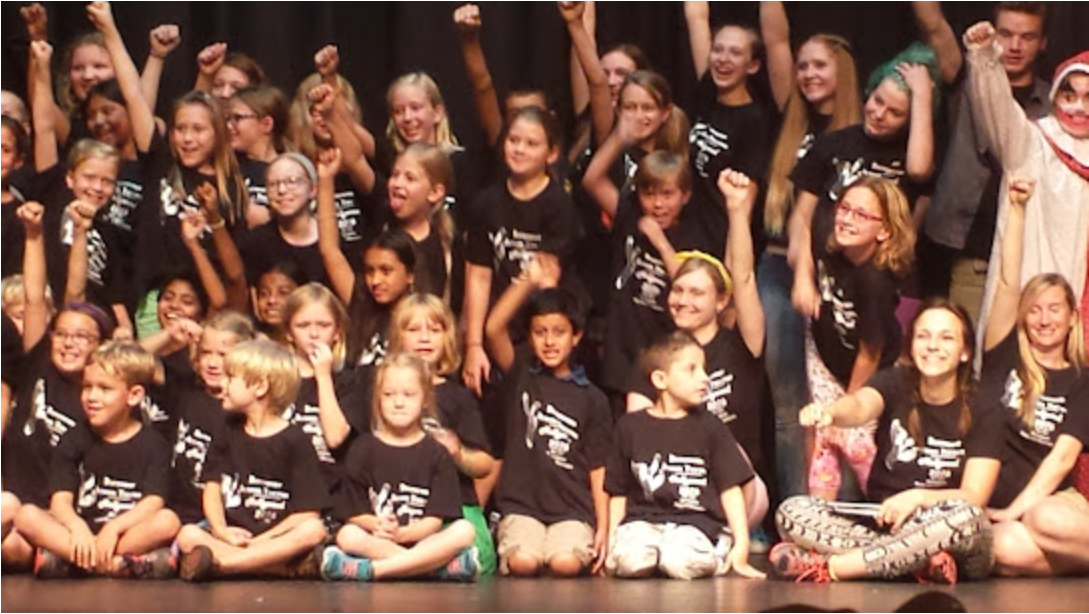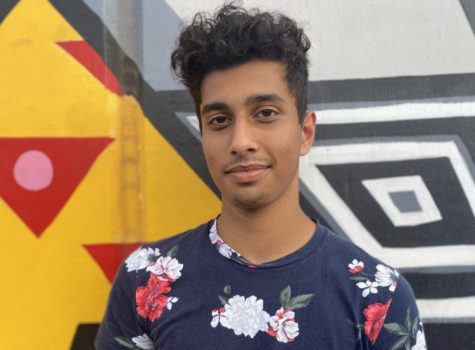Today, it seems that Twitter cannot act without being scrutinized for doing too much or too little. Look no further than their handling of COVID-19 misinformation.
On Jan. 2, the social media giant permanently banned Marjorie Taylor Greene, a Republican Congresswoman, over repeated misinformation over the efficacy of COVID-19 vaccines. This act led to an outcry from people believing that Twitter only intervenes when Republicans post false information.
However, Twitter’s actions were not biased.
Rather, they were an application of the strict set of rules that Twitter has clearly outlined. According to Twitter, for a post to be subject to removal, it must 1) advance a claim of fact about COVID-19, 2) be false or misleading and 3) would lead to public harm. If only some of these criteria are met, but not all, then warnings are placed next to the post.
An artificial intelligence (AI) determines if posts violate Twitter’s COVID-19 misinformation rules. This means that Congresswoman Greene was not cherry-picked by someone at Twitter’s San Francisco headquarters, but rather, an AI used a fair set of criteria to impartially ban her. This makes her one of 1,500 Twitter accounts to be permanently suspended since the beginning of the pandemic for spreading lies about the coronavirus.
But this is not the first time Twitter has acted against a political figure.
The Ayatollah of Iran, Iran’s leader and one of the most powerful men in the Middle East, was given a strike on Twitter for tweeting how American, French and British vaccines could not be trusted. Twitter’s AI then forced the Ayatollah to delete the tweet in order to use Twitter normally again. A strike means that Twitter’s AI qualifies a post as violating its criteria, resulting in progressively worse consequences until account termination upon the fifth strike. If anything, Twitter’s actions against the Ayatollah display the platform’s consistency towards those touting lies about the pandemic.
Congresswoman Greene—whose personal account was banned but congressional account was left unscathed—called for Republicans to boycott Twitter on national television shortly after her ban. However, in a strange act of hypocrisy, two days after her personal account was taken down, she tweeted with her congressional account. This time, it was a professionally shot video about how the protestors during the Jan. 6 insurrection were an “overwhelmingly peaceful crowd.”
Senior Carter Dougherty has actively followed the intersection between technology and politics and believes that Greene’s ban from Twitter was the right decision. “I don’t think [Greene] deserved to be on Twitter,” he commented. “She’s been sensationalist from the beginning, and I applaud Twitter for taking a strict stance against misinformation.”
Twitter also famously banned President Trump over misinformation. Trump tweeted lies about how the flu was worse than pandemic, but what got him banned from the platform was inciting the Jan. 6 insurrection. While banning him based on COVID-19 misinformation would have been enough—a Cornell study found the former President to be the largest single driver of COVID-19 misinformation—his ban for inciting violence opens up an unsettling can of worms. In a world where people present opinions as facts, how does Twitter fact-check while maintaining neutrality?
It is no secret that with its California roots, Twitter is a company run by more liberals than conservatives. But even so, Twitter has tried to use AI to objectively clamp down on misinformation and reduce violence. However, this often strays far from its intended purpose. Look no further than the millions of pro-Palestinian posts that Twitter’s code censored during the violent conflict in Israel. It seems that AI still is not sophisticated enough to parse through the gray area, especially when push comes to shove.
Sophomore Armaan Bhagwat is conflicted over the issue of misinformation. “At a certain point, how do we know Twitter has our best interests at heart? They’re a company with shareholders expecting to make a profit. Obviously it would be great if they could stop destructive misinformation, but sometimes it’s not easy to judge what is true immediately,” he said.
Overall, there is no easy solution to misinformation, despite Twitter’s best efforts. One can only hope that the years of investments they have made will one day finally result in a world where both freedom of speech and safety can coexist online, while the influence of the social media giant is minimized.
However, we are not in that world yet.
But with a change in CEO and a pledge to be the most transparent company in the world, perhaps it will arrive sooner than we think.















